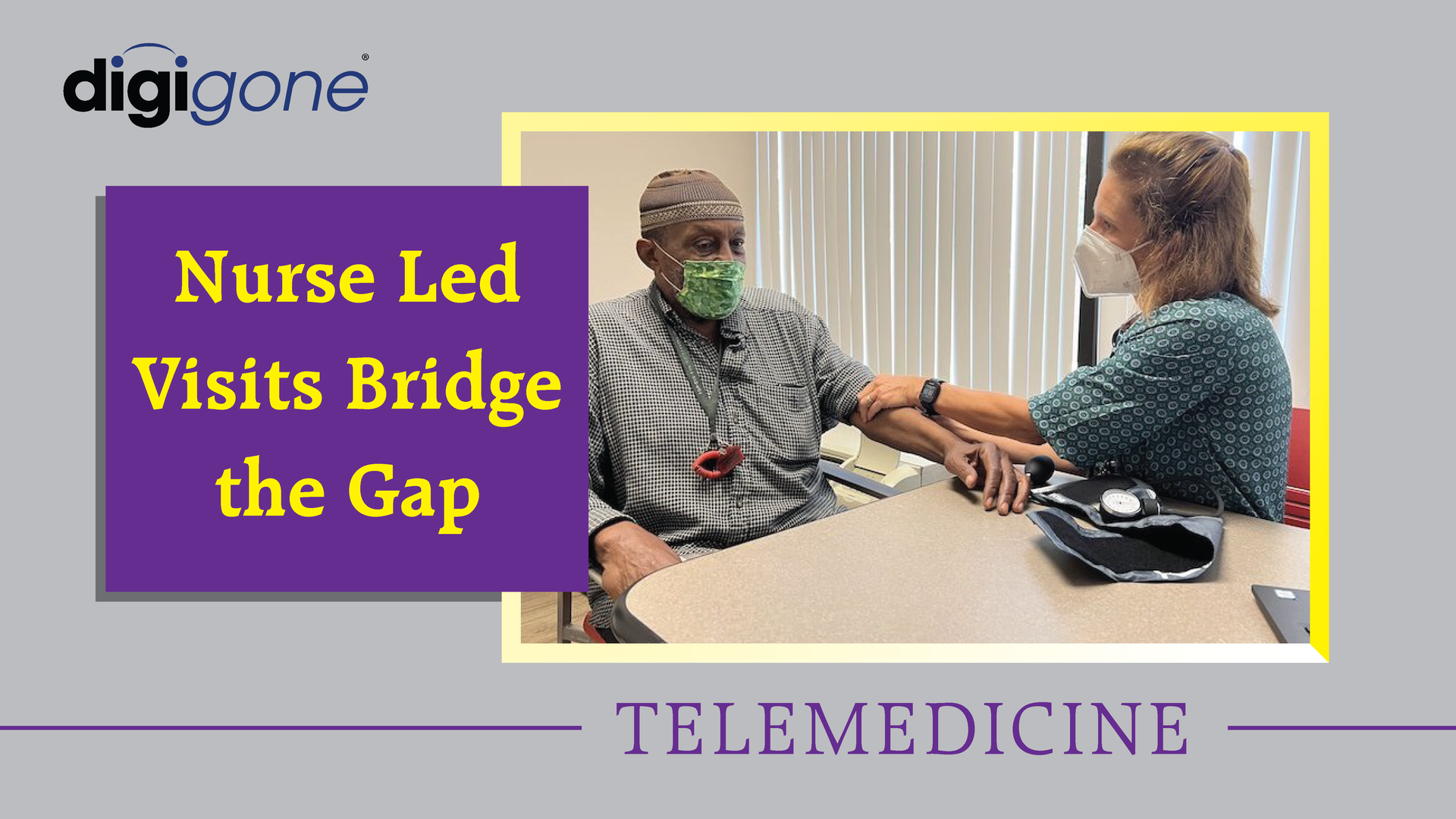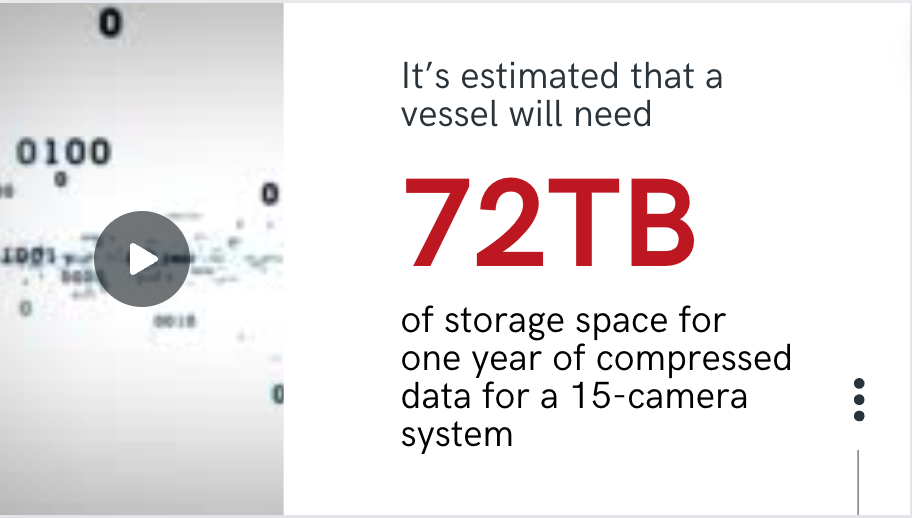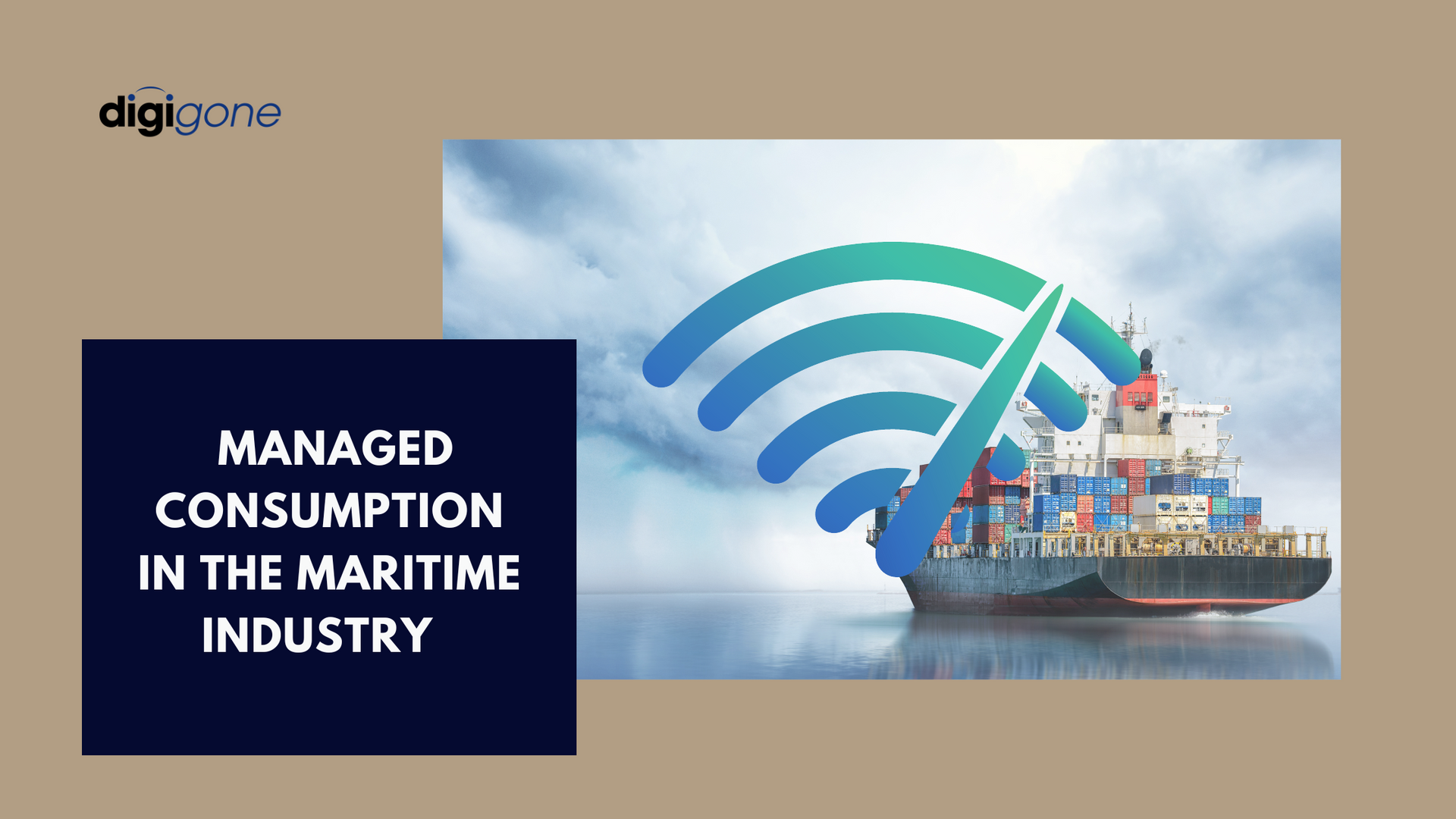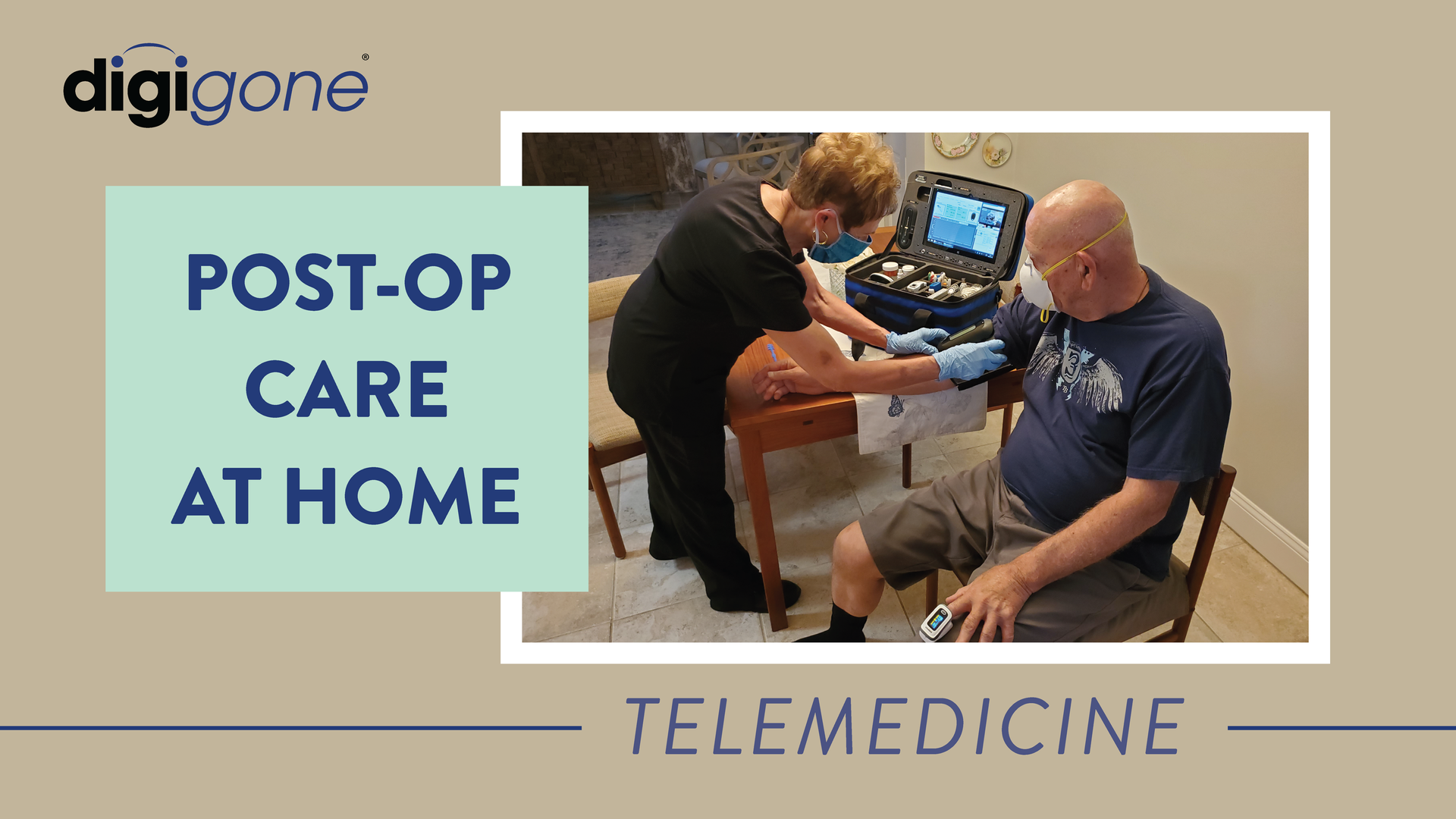Bridging the Digital Divide in Healthcare: The Pivotal Role of Nurses in Expanding Telemedicine Access
Nurse-led telemedicine is critical for the success of outreach programs
During the COVID-19 pandemic, telemedicine became an essential way to see doctors without the risk of in-person visits and provide services to those who were immobile or homebound. While telemedicine was slowly making its way into mainstream healthcare, the pandemic accelerated the implementation to prevent the spread of the virus. Those changes became a standard as care providers continue to figure out how to deliver care to the patient outside of the hospital and clinic settings. However, the initial transition to telemedicine revealed significant hurdles, such as the 'digital divide'—the gap between those who have ready access to computers and the internet, and those who do not—cultural barriers, and a general reluctance to embrace new technology among certain patient populations.
“Advances in health care technology could potentially facilitate health equity by increasing access to care”
The belief that technological advancements in healthcare could be a lever for health equity fueled a comprehensive analysis by UW Health, the integrated health system of the University of Wisconsin-Madison. Their study, "Disparities in Telemedicine Access: A Cross-Sectional Study of a Newly Established Infrastructure during the COVID-19 Pandemic," examined the telemedicine engagement of nearly 200,000 patients. The goal was to discern usage patterns and pinpoint the barriers hindering effective telemedicine deployment.
Findings from the study highlighted that while some barriers were infrastructural and potentially required long-term solutions, others were more immediately addressable. These included a lack of familiarity with technological tools and resistance to adopting new methods, as well as physical constraints that limited patients' ability to visit healthcare facilities.
An innovative strategy proposed to mitigate these barriers involves deploying nurses equipped with "telemedicine kits" to patients' homes. These kits could serve as both educational tools and a means to facilitate care. By employing the EDGE (Explain, Demonstrate, Guide, and Enable) training method, reminiscent of the Boy Scouts' learning approach, nurses could foster understanding and confidence in using the technology. This method focuses on maintaining and building a personal connection between the patient and the care provider, offering a hands-on learning experience, and demystifying the technology with the hope of encouraging its adoption.
In summary, while telemedicine has the potential to democratize healthcare, it simultaneously poses a risk of exacerbating existing disparities if not implemented with care and consideration. The study underscores the necessity of concerted efforts across various sectors to ensure telemedicine's equitable distribution. Nurse-led initiatives that empower patients to accept and use telemedicine confidently represent a viable pathway forward. As we embrace an era where technology enables us to connect with patients more efficiently, it is essential to remember that the irreplaceable value of human touch and trust within the provider-patient relationship remains paramount.
DigiGone is a veteran-owned, service-disabled business based in Largo, Florida, providing custom, managed bandwidth solutions such as
digiMed, CrewChat, digiView, and digiChat in the maritime, oil and gas and mining industries. For more information visit digigone.com/telemedicine to request a demonstration. Or email us at info@digigone.com, or call at 1-727-544-2327.
*Vivian Hsiao, Thevaa Chandereng, Robin L. Lankton, Jeffrey A. Huebner, Jeffrey J. Baltus, Grace E. Flood, Shannon M. Dean, Amye J. Tevaarwerk, and David F. Schneider (2021)Disparities in Telemedicine Access: A Cross-Sectional Study of a Newly Established Infrastructure during the COVID-19 Pandemic, Appl Clin Inform. 2021 May; 12(3): 445–458.
Published online 2021 Jun 9. doi: 10.1055/s-0041-1730026 Available at: https://www.ncbi.nlm.nih.gov/pmc/articles/PMC8189758/ (Accessed: 11 November 2023).
**Image used from https://www.vcuhealth.org/-/media/media/featurednewsimages/rhwp-nurse.ashx













